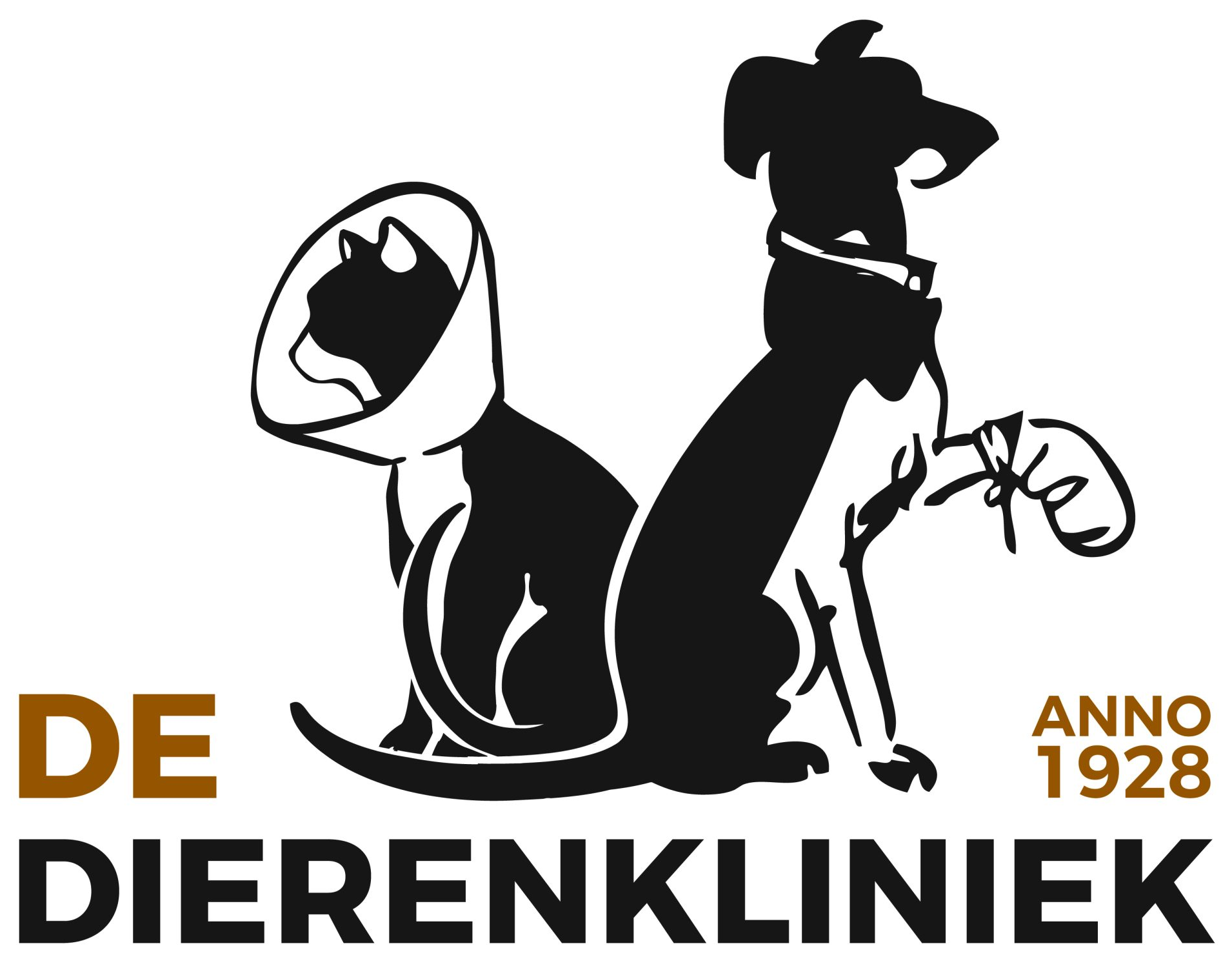How to travel with pets to and from the UK to any European country after Brexit? On the website of the government of the UK you can find advice for those who are planning to take their pets to any EU country after the UK left the EU: UK Government – traveling to Europe after Brexit.
Always make sure that you have all the right information before you are going to travel with your pet. For more information about traveling with your pet you can also take a look at our travel advice.

Traveling from the UK to the Netherlands
If you want to travel or return to the Netherlands from the United Kingdom, you do not need a blood test, but your dog, cat or ferret must meet at least the following requirements:
– Identification chip (the pet must have been microchipped prior to being vaccinated against rabies);
– Rabies vaccination (the pet may not travel until 21 days after the first dose);
– A valid travel document.
What is a valid travel document?
A valid travel document is a European pet passport issued in a Member State of the European Union or an animal health certificate issued by the official authority in the United Kingdom. Please be aware of the fact that a European pet passport issued in the United Kingdom before 1 January 2021is not valid anymore.
Since 1 January 2021, veterinarians in the United Kingdom are no longer allowed to enter rabies vaccinations in a European pet passport. A veterinarian in the United Kingdom must record these vaccinations in an animal health certificate if you are planning to travel to the European Union with your pet. A blood test which proves that your pet is sufficiently protected against rabies is not necessary for dogs, cats and ferrets travelling from the UK to the EU. Since 9 December 2020, the EU has designated the UK a low-risk country for rabies.
On arrival at the ferry terminal or airport in the Netherlands, you must report your pet to customs (goods to declare). Customs will check your pet and its papers.
Traveling from the Netherlands to the UK
If you want to travel to the United Kingdom from the EU with a pet after Brexit, the United Kingdom has hitherto indicated that the current rules will remain unchanged. This means that the following requirements will continue to apply:
– Identification chip (the pet must have been microchipped prior to being vaccinated against rabies);
– Rabies vaccination (the pet may not travel until 21 days after the first dose);
– A valid European pet passport;
– Treatment against tapeworm (Echinococcus); this applies exclusively to dogs and must have taken place at least one day (24 hours) and at most five days (120 hours) before entry into the United Kingdom;
– A non-commercial declaration you must fill in yourself to confirm that you won’t sell or transfer the animal to a new owner in the UK.
For commercial export of dogs, cats and ferrets to the United Kingdom you need a health certificate. This can only be issued by the NVWA. The commercial rules for exporting dogs, cats and ferrets must be followed if:
– Their ownership is being transferred;
– You are not travelling to the United Kingdom within 5 days before or after the arrival of your pet;
– You are travelling with more than 5 pets (exception: exhibitions or competitions).
You can find more information about the health certificate using our export assistant (Dutch only).
Some dogs are banned in the UK. These banned dogs are the Pit Bull Terrier, Japanese Tosa, Argentine Dogo and Fila Brasileiro. Whether a dog is a banned type depends on what it looks like, rather than its breed or name. For more information, see this banned dogs page.


